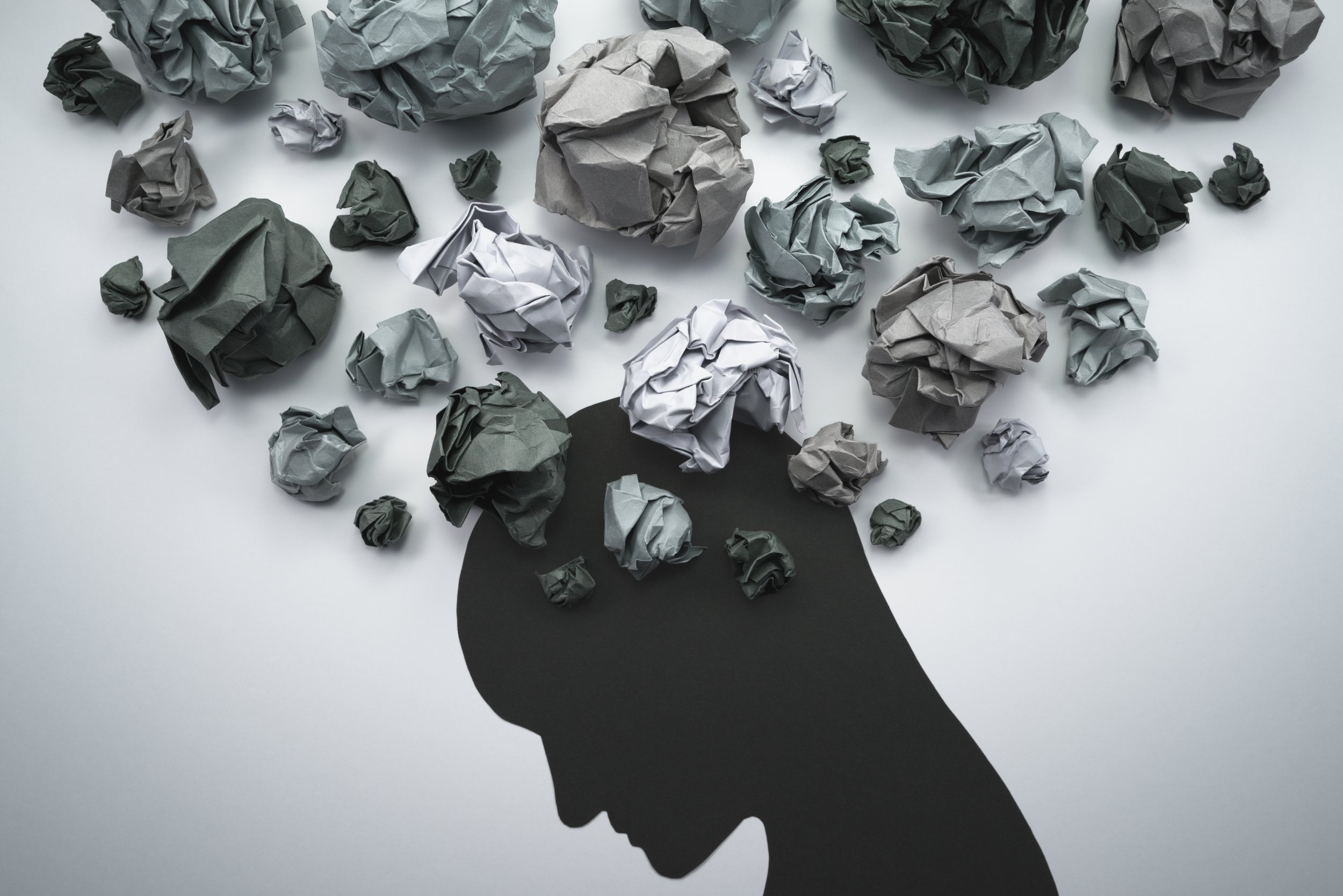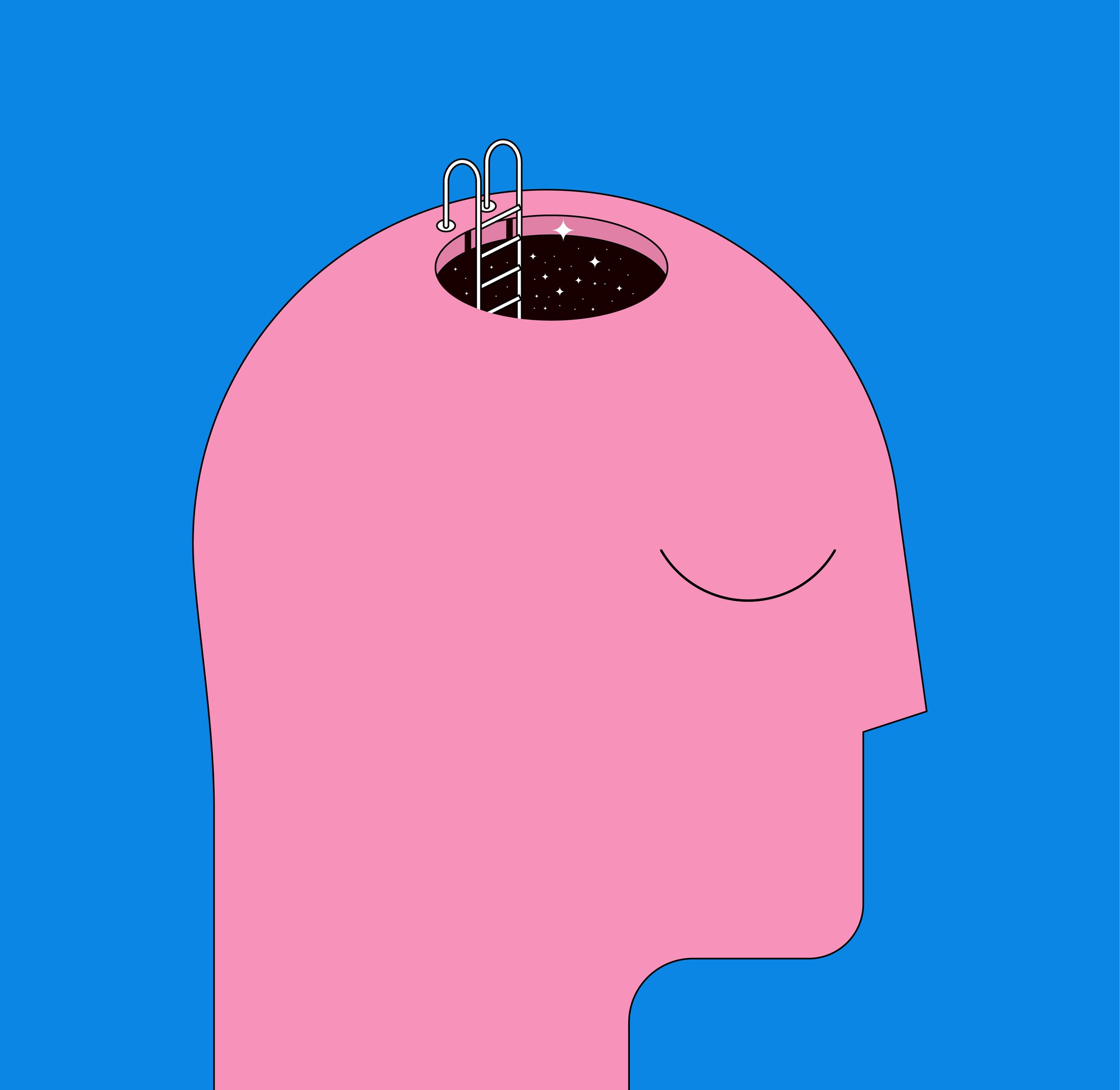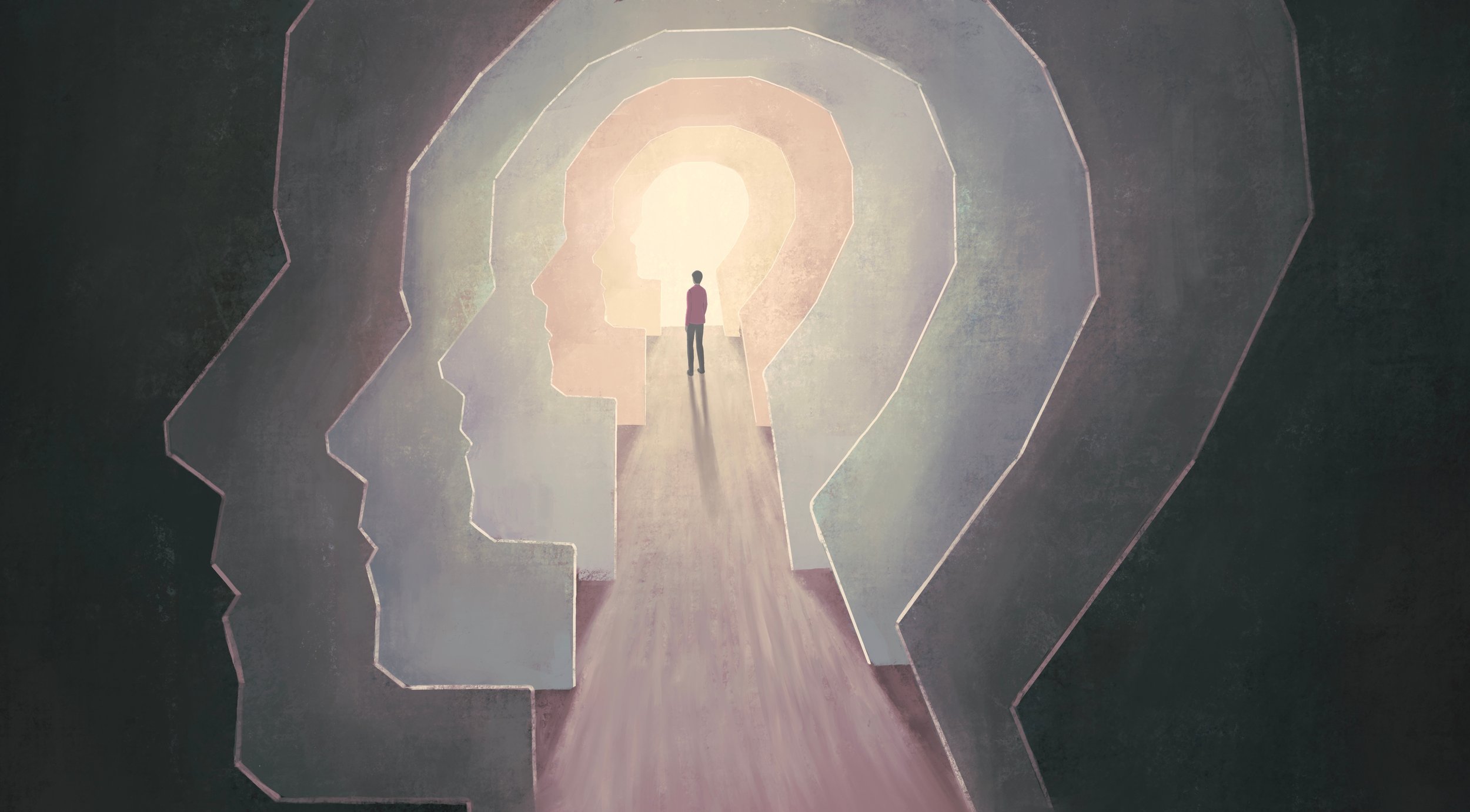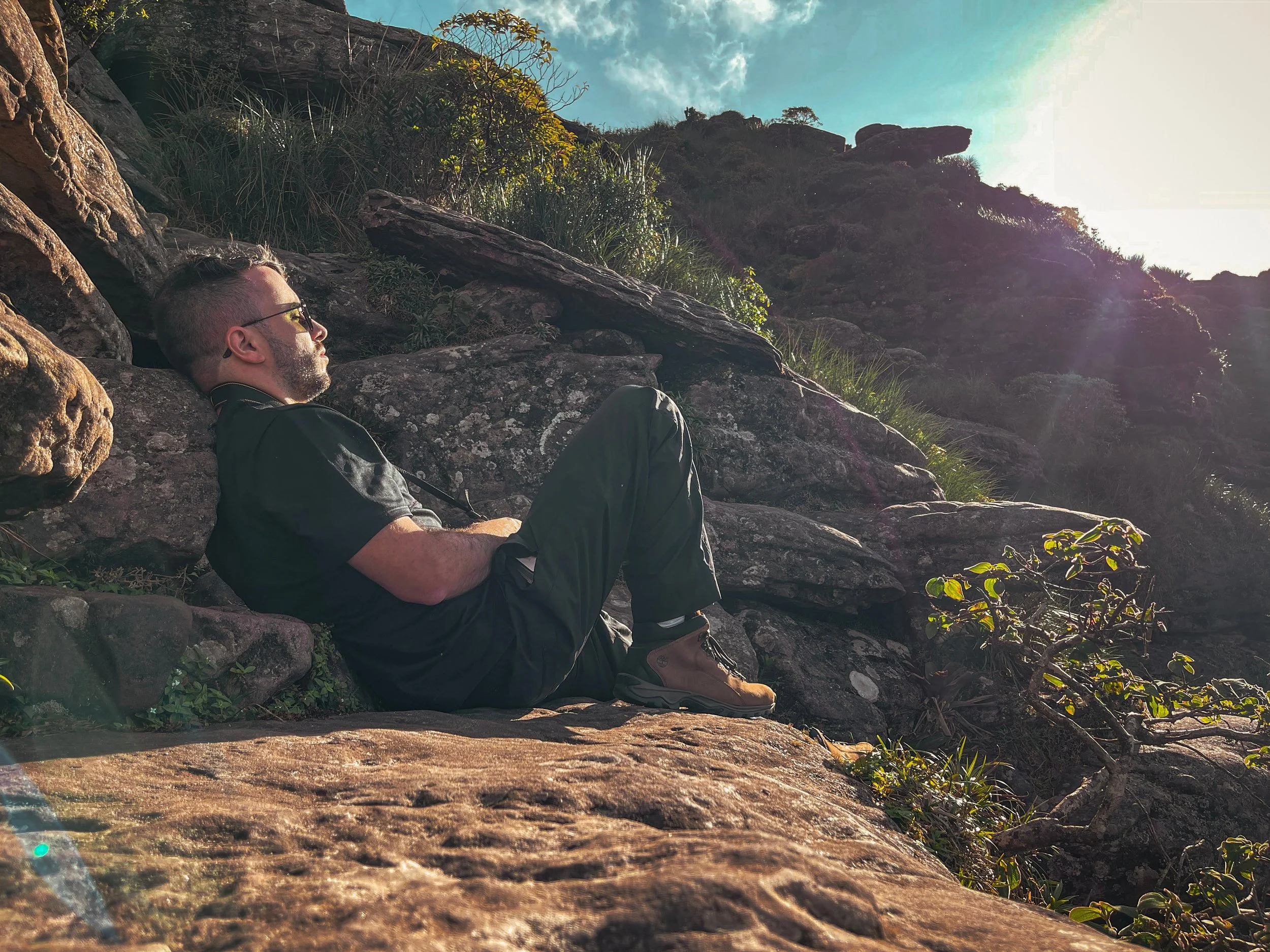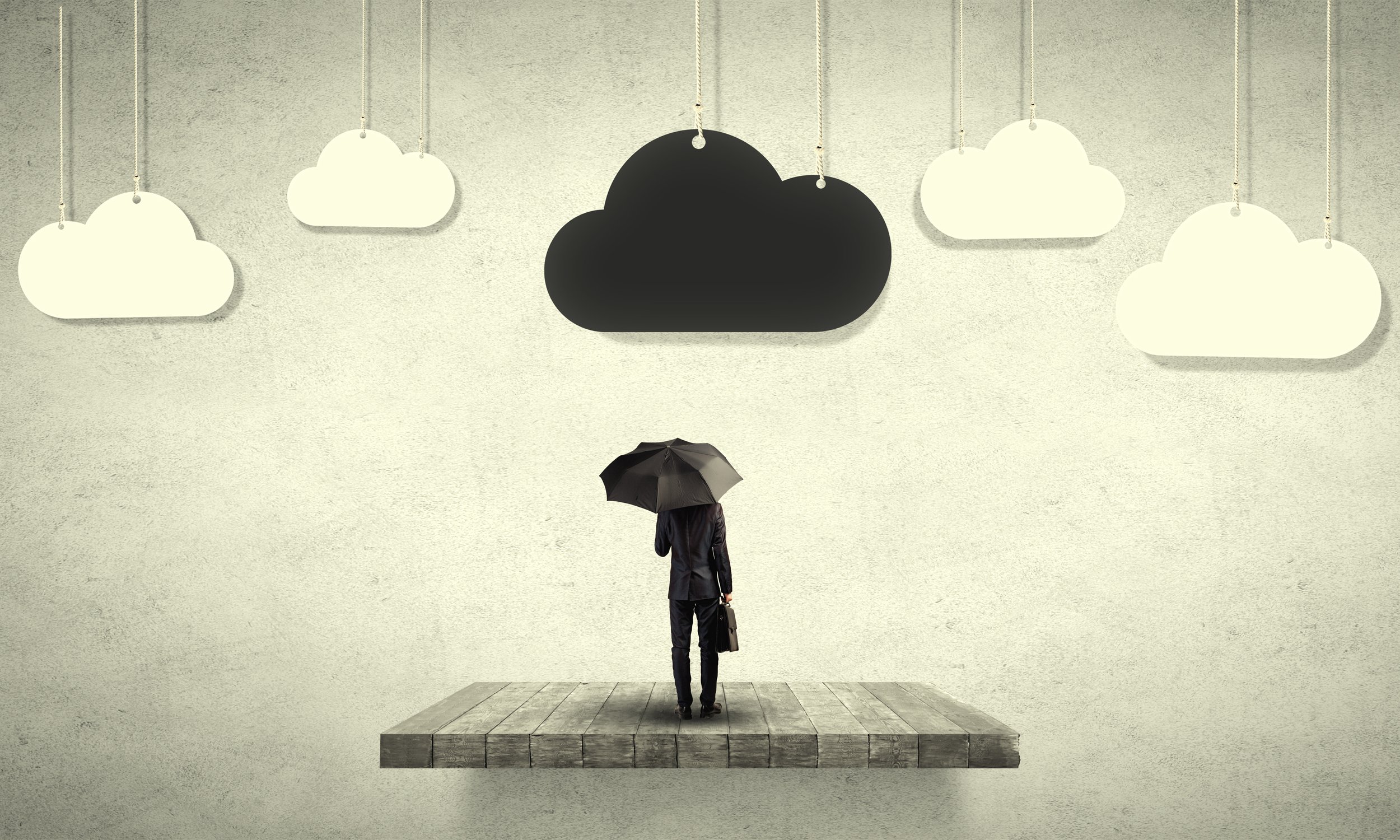Self Acceptance
The type of self acceptance that I find most helpful is to accept that you have enough worth to try your very best in life - to improve your life and the lives of those around you. Very often we hear in pop culture and in more prominent psychological figures/speakers the phrase “I am enough”; almost as if it’s a battlecry opposing the shame that has been wrought upon them from individuals or systems in their life.
“I am enough”. What does that mean?! It’s important to ask that because depending on what someone means when they say they are “enough”, it can lead to healthy changes or a worsened quality of life and relationships.
When working on acceptance the tricky thing is that it can go either way. A client can feel liberated from things holding them back and improve, or they can use “acceptance” as a justification tactic (deliberately or unknowingly) for more unhealthy lifestyle choices. How about this take on “I am enough” - You HAVE enough worth to do the hard and more meaningful thing in your life. You HAVE enough worth and you owe it to your future self to strive upward, to accept the pain of life, to be honest with yourself - even if it is difficult. To “accept” means to accept possibilities that yes, you’ve made mistakes but you can redeem yourself! By accepting pain and truth we “shall be made free '' - and I believe in the truth of our potential to choose how we react to a setback, mistake, or a negative circumstance in a certain way to come out better for it. It is better to be liberated by a painful truth than to be imprisoned and doomed to repeat failures in a feedback loop all kept alive by a comforting lie.
Please, do not deny what you have been through but also don’t define yourself or the rest of your life by it. We are more than our pain and our circumstances/our past. We must accept our potential to improve and to overcome and to hold ourselves accountable to that vision of who we truly want to become.
In order to become the best version of ourselves, we must first accept what we do not want to about ourselves. To view what we otherwise would turn away from can be the beginning of great and positive change. To view and accept what is in us that is undesirable can be painful and simultaneously healing. In the Lord of the Rings, the elf queen Galadriel offers Frodo the chance to gaze into a magical reflective pool that will show him things of the future and of himself. She says “Many things I can command the Mirror to reveal, and to some I can show what they desire to see. But the Mirror will also show things unbidden, and those are often stranger and more profitable than things which we wish to behold.” (362) The things we do not wish to behold are often the more profitable. If we can accept these things in our life (be honest with ourselves) we can then start to change.
By accepting both our flaws and also our potential to overcome these flaws, besides self-honesty, psychological flexibility is necessary. To be psychologically flexible is to accept our emotions, our faults, our setbacks, our failures, our situation and to not draw unchangeable conclusions but to stay open to possibility for movement (forward movement). Psychological flexibility is to remain open to not just the negative side of ourselves or our story but also the positive and optimistic side. If we can pull out all that is within, and start to look at it without conclusive judgment, we just may have a shot at making healthy, long lasting changes.
I include and close with a fantastic quote from American psychologist Carl Rogers on the connection between self-acceptance, psychological flexibility, and change:
“To the extent that this person is open to all of his experience, he has access to all of the available data in the situation, on which to base his behavior. He has knowledge of his own feelings and impulses, which are often complex and contradictory. He is freely able to sense the social demands, from the relatively rigid social “laws” to the desires of friends and family. He has access to his memories of similar situations, and the consequences of different behaviors in those situations. He has a relatively accurate perception of this external situation in all of its complexity. He is better able to permit his total organism, his conscious thought participating, to consider, weigh and balance each stimulus, need and demand, and its relative weight and intensity. Out of this complex weighing and balancing he is able to discover that course of actions which seems to come closest to satisfying all his needs in the situation long-range as well as immediate needs. (118)
References:
Carl Rogers - On Becoming a Person

